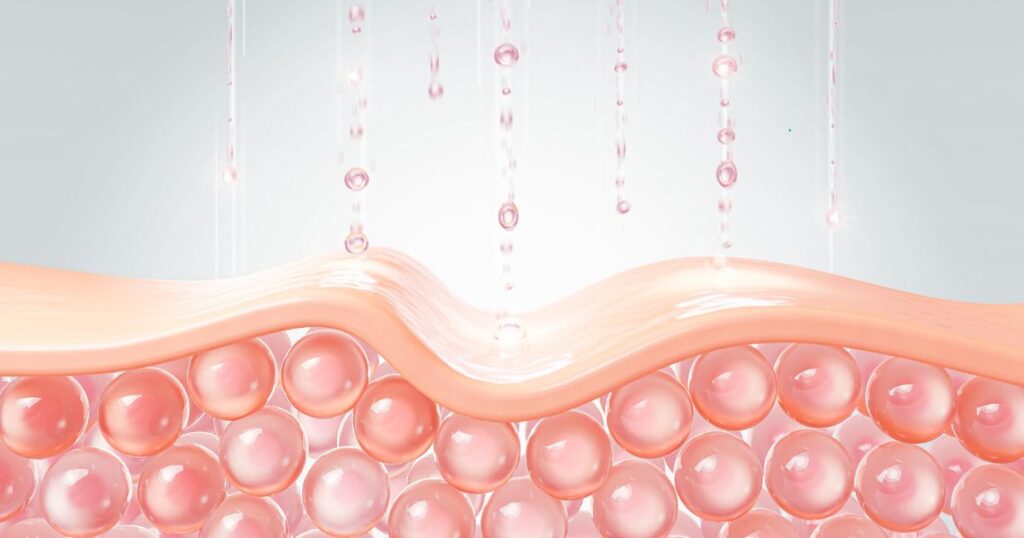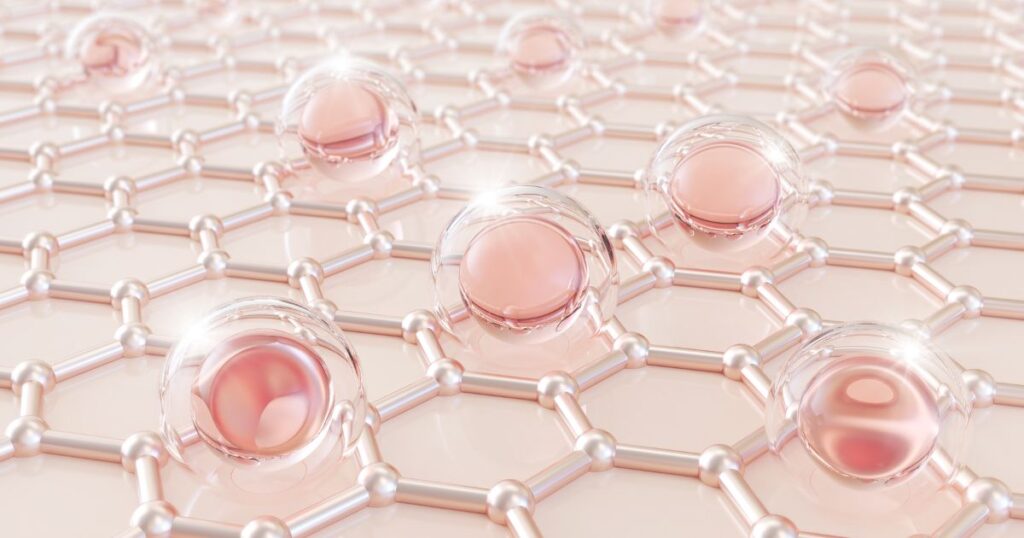Collagen, a vital protein for maintaining skin structure and elasticity, tends to decrease with age, leading to issues like wrinkles and reduced skin firmness. This article explores the importance of collagen, its role in skin health, and various strategies to boost collagen levels. Let’s dive into effective ways to promote collagen production for a more youthful appearance.
Understanding Collagen:

Collagen is the body’s most abundant protein, playing a crucial role in the skin, muscles, bones, tendons, and more. Its significance extends to wound healing, and low collagen levels are associated with health conditions like scurvy, osteogenesis imperfecta, and Ehlers-Danlos syndrome.
Collagen and Skin Health:
When collagen levels are high, the skin appears soft, smooth, and firm. Collagen facilitates skin cell renewal and repair. However, as the body ages, it produces less collagen, leading to a loss of skin elasticity, the formation of lines and wrinkles, and joint stiffness.
Ways to Boost Collagen:

Collagen Supplements:
Research suggests that hydrolyzed collagen supplements can reduce wrinkles and improve skin elasticity and hydration over a 90-day period.
Hyaluronic Acid:
Hyaluronic acid promotes collagen production. Studies indicate that it can improve wound healing and boost collagen when combined with other substances like purified polynucleotide.
Vitamin C:
Essential for collagen production, vitamin C deficiency can lead to low collagen levels. Including vitamin C-rich foods in the diet or taking supplements may contribute to healthier skin.
Aloe Vera Gel:
Research shows that aloe vera gel extract can enhance skin hydration, reduce wrinkles, and double the levels of hyaluronic acid and collagen.
Ginseng:
Ginseng, known for its health benefits, may increase collagen levels in the bloodstream and potentially prevent aging in skin cells.
Antioxidants:
Foods and drinks rich in antioxidants, such as blueberries, green tea, yerba mate, and others, may promote collagen production and protect the skin from free radicals.
Retinol and Carotenoids:
Topical retinoids and carotenoids, like retinol and beta-carotene, may protect the skin from UV damage and boost skin health.
Light Therapy:
Red light therapy and other light therapies may stimulate collagen growth, improving wrinkles and skin elasticity. Consultation with a specialist is recommended for home-use equipment.
Environmental Protection:
Protecting the skin from environmental factors like UV light, smoking cessation, and limiting caffeine intake can prevent collagen damage.
Read Also:
What’s the Difference Between Cologne and Perfume?
FAQs:
Do skin creams containing collagen get rid of wrinkles?
According to research, hydrolyzed collagen in creams and topical products can moisturize the skin, while oral collagen supplements may help boost collagen in the body, potentially smoothing the skin and reducing wrinkles.
Can any natural methods boost collagen?
Eating a balanced diet rich in vitamin C and antioxidants, protecting the skin from sunlight, and avoiding smoking and excessive caffeine intake may help preserve collagen or boost its production naturally.
Does collagen make the skin tighter?
In younger individuals, higher levels of good-quality collagen improve skin elasticity. However, as people age and collagen production decreases, the skin may appear looser. Skincare products may help tighten the skin but might not have a significant impact.
Can collagen supplements replace the need for a healthy diet?
While collagen supplements can contribute to skin health, they should complement, not replace, a balanced diet. Nutrient-rich foods provide a wide range of essential vitamins and minerals crucial for overall well-being.
Are there any side effects associated with collagen supplements?
Collagen supplements are generally considered safe, but some individuals may experience mild side effects such as digestive discomfort. It’s advisable to consult with a healthcare professional before adding supplements to your routine.
Can collagen-boosting treatments be combined?
Combining collagen-boosting treatments, such as microneedling with hyaluronic acid or Sculptra with radiofrequency therapy, can often yield more comprehensive results. However, individual responses may vary, and consultation with a skincare professional is recommended.
How long does it take to see results from collagen-boosting interventions?
Results from collagen-boosting interventions can vary based on the specific treatment and individual factors. While some improvements may be noticeable in a few weeks, optimal results often become apparent after several sessions or months of consistent treatment.
Conclusion:
Collagen is a key player in maintaining youthful and healthy skin. Implementing a combination of dietary changes, supplements, and professional treatments can effectively boost collagen production, contributing to a more vibrant and rejuvenated skin appearance. Start incorporating these strategies into your skincare routine for long-term skin health and vitality.

